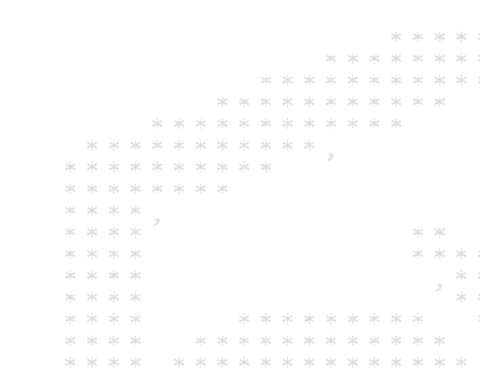
PCI Compliance 4.0.1: Unraveling E-Skimming, Script Security, and PCI DSS Compliance
Watch the complete discussion between cside and VikingCloud experts covering the latest PCI DSS 4.0.1 requirements, e-skimming prevention strategies, and practical implementation guidance for requirements 6.4.3 and 11.6.1.
Expert Speakers

